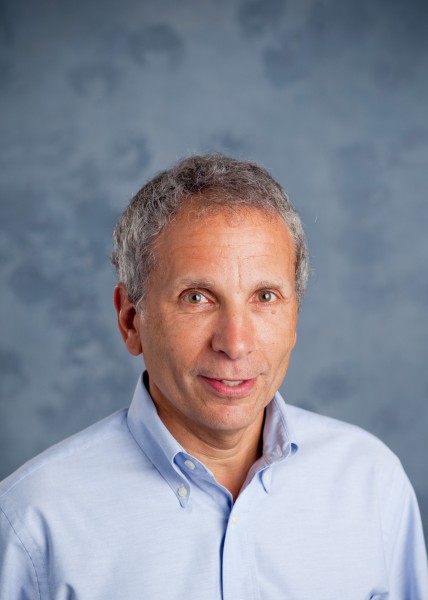
14 Sep To Your Health: Covid Vaccine – Developments, Side Effects, Hurdles!
Part-time Telluride local Dr. Alan Safdi, a world-renowned internist and gastroenterologist with encyclopedic knowledge of mind-body wellness and preventative medicine, posts on Telluride Inside… and Out under the banner of “To Your Health.” His blogs feature the most current information in his field: health, wellness, and longevity. Which now has to mean Dr. Alan’s podcasts and stories are mostly about what’s on everyone’s mind: COVID-19.
Links to Dr. Alan’s podcasts and narratives on COVID-19 are here.
This week, Dr. Alan is talking about the Holy Grail du jour: A vaccine targeting Covid-19. His podcast (here) talks about development, side effects and hurdles.

This image shows 3D prints of a spike protein (in the foreground) and a particle (background) of the virus that causes the new coronavirus. The spike protein enables the virus to enter and infect human cells, and it’s the target of many vaccine candidates. Photo courtesy of the National Institutes of Health.
The number of COVID-19 cases in the United States has now passed 6 million; the global total has exceeded 27 million. In the US we are close to 192,000 deaths as of this month.
With winter around the corner, hopes for an effective vaccine against COVID-19 are mounting. In the podcast (above) we offer a vaccine update and discuss why the AstraZeneca trial was appropriately placed on hold. The University of Oxford vaccine trial was paused by AstraZeneca after a participant developed a spinal issue. The safety board is investigating.
A vaccine developed at the Gamaleya Research Institute of Epidemiology and Microbiology in Moscow has received a lot of attention too, though not all of it has been positive.
Some scientists have been skeptical about the injection, provisionally approved by the Russian government before any safety data had been published.
Legitimizing its development, an article now appearing in The Lancet details the results of two early-phase clinical trials of the vaccine named Sputnik V after the space program of the 1950s. The report concludes the vaccine is safe and generated an immune response in everyone who received it. The scientists behind the vaccine are now planning a much larger trial in 40,000 people.
Although this is very promising news, there are some important limitations to note.
Among them is the initial trial’s short follow-up period, meaning that any potential complications experienced after 42 days would not have been assessed. Other limitations include the lack of a control group and the fact that most of the participants were young and healthy. The preliminary trials took place in two hospitals in Russia, and each involved only 38 healthy adults, aged between 18 and 60. The small number of people studied prior to approval is truly scary. What all this means is that we are lacking data that is needed to adequately evaluate safety and efficacy of the Russian vaccine.
It is theoretically possible to eliminate COVID-19 through a vaccination strategy if enough people get vaccinated with a well-studied effective and safe vaccine and if the virus does not change its antigens to stay ahead of vaccine immunity. But we need to wait until we have large Phase 3 studies and can interpret the data prior to any consideration of approving a vaccine. Emergency treatment prior to Phase 3 data for a critically sick person is very different from emergency approval for a preventative agent for healthy people to prevent a disease. We already have a variety of agents to prevent COVID-19 transmission that have been shown to work (ie. masks, distancing, avoiding crowds and indoor events, etc. )


Sorry, the comment form is closed at this time.